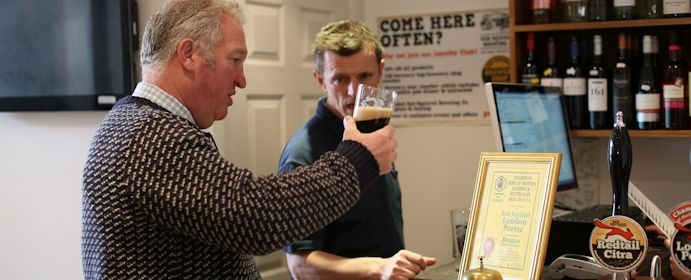After weeks of rumours, it has finally been confirmed that the much-maligned Psychoactive Substances Act (which was due to come into force on April 6th) has been postponed indefinitely.
In a post on the website of the Alternative Trade Association, a copy of a letter sent to the owner of a Hampshire-based headshop has been uploaded, in which the recipient was informed that despite the Act having passed through Parliament, and having received Royal Assent, the Home Office have now announced that
“the commencement date for the legislation would no longer be 6th April 2016.”
The letter went on to say that
“a new date for commencement has yet to be confirmed.”
What this means is that the Act – which would have outlawed the production and sale of anything deemed psychoactive under an entirely arbitrary definition cooked up by the Home Office – has been, for the time being at least, shelved.
Sources from inside the Home Office are still maintaining that the Act will become law at some point “in the Spring,” but given that the reason for this delay is said to be that the police themselves have called the Act unenforceable, advocates for evidence-based drug policy are rightfully (if cautiously) thrilled at the news.
Not only was this Act unenforceable, it also flew in the face of all of the evidence presented by decades of research. Most notably, and most recently, the passage of a similar piece of legislation in the Republic of Ireland. After the introduction of a blanket ban there, hospital admissions involving ‘legal highs’ dropped – something which the Tory government in the UK, in particular Mike Penning MP, were very keen to stress – but reported use of such substances increased. It was clear to everybody except those intent on banning everything that all the Act had done was to deter people from seeking help when they needed it the most.
On top of that, the Act was in opposition to one of the most basic tenets of British law – that our rights are not given, they are implied unless specifically prohibited by law. What this Act attempted to do was to turn that on its head, by claiming that our right to consume any substance was prohibited unless specifically allowed by law. It was from the very beginning an affront to common sense and British law.
Despite all of this, there was one sliver of hope buried in the Psychoactive Substances Act – the fact that it did not criminalise simple possession of ‘psychoactive substances.’ Many in the drug policy reform world had expressed relief at this fact, and had hoped that it showed that the Government were at least willing to accept that criminalising users is not the way to reduce the use of drugs, or their harm. A possible downside to this otherwise-excellent news could be an end (for now at least) to that line of thinking, but it shouldn’t be allowed to ruin the good news entirely. After all, many MPs are now on record as having stood in the Commons and stated, repeatedly, that criminalising drug users is neither necessary nor helpful.
The Act has been ridiculed by journalists and politicians from all points on the political spectrum, and for once even a significant chunk of the general public seem to have realised that simply trying to ban our way out of a problem of our own making is not going to help anyone. Here’s hoping that this ‘postponement’ will signal the death of one of the most scientifically illiterate and harmful pieces of legislation ever introduced.
Words by Deej Sullivan

